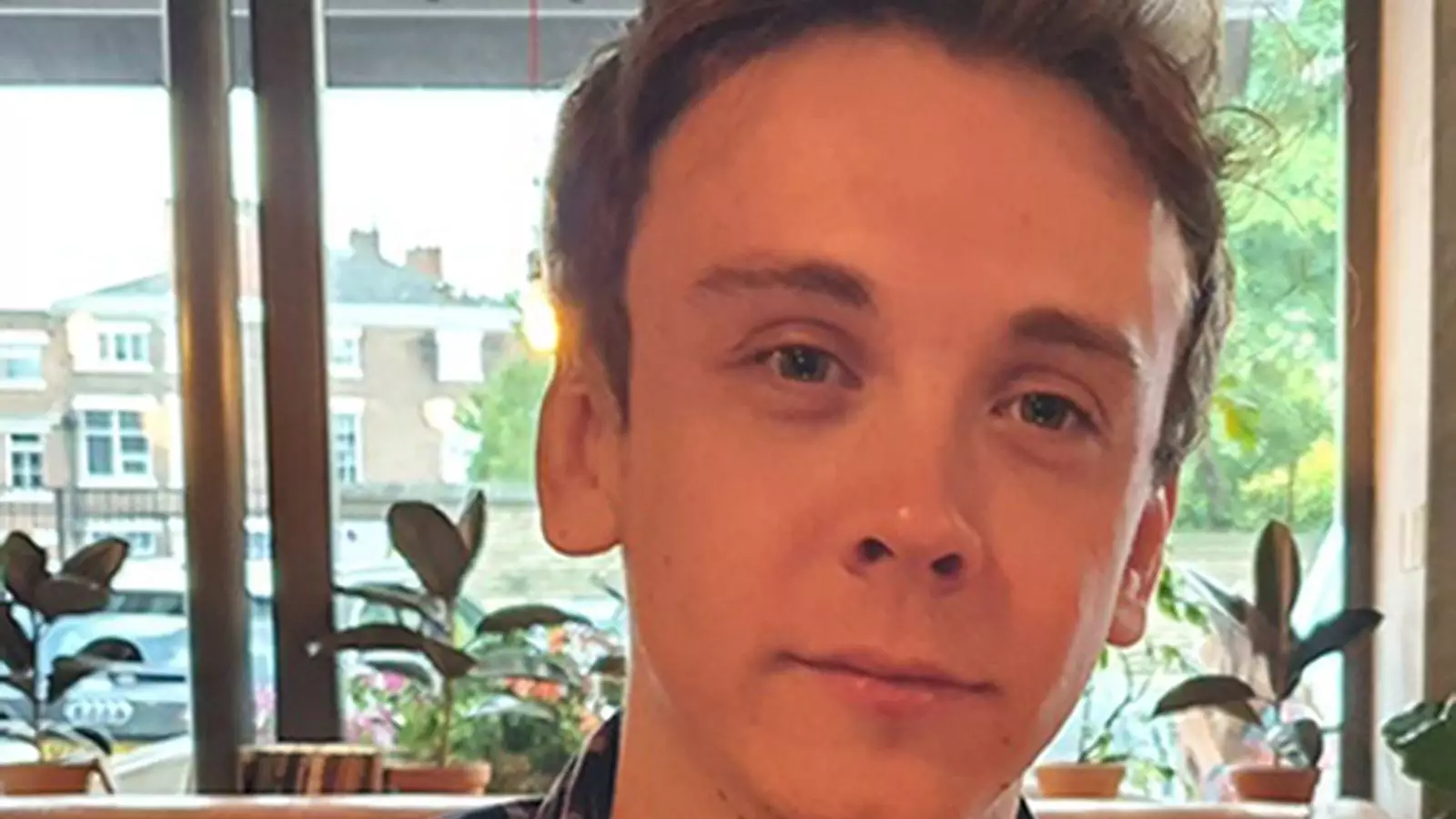In a heart-wrenching tale of loss and frustration, a young man named Michael Callaghan shares his story of the horrific night that changed his life forever. His best friend, Jacob Billington, was killed by a paranoid schizophrenic during a night out in Birmingham in 2020. Not only did Michael suffer permanent disability as a result of the attack, but he also lost his dear friend in a senseless act of violence. The tragic part of this story is not just the loss of life, but the fact that the failures by authorities in preventing this attack mirror those that led to another deadly incident in Nottingham.
In both the Birmingham and Nottingham cases, the attackers were known to mental health professionals as dangerous individuals with serious paranoid schizophrenia. Despite this knowledge, they were not actively engaged with health services and refused to take their medication. This lack of oversight allowed these individuals to freely roam the streets, armed with knives, and attack innocent victims at random. The question that arises from these failures is – how can such obvious and preventable tragedies occur repeatedly without any accountability?
For Michael Callaghan, the physical scars of the attack are a constant reminder of the night he lost his friend and his normal life. Four years on, he is still learning to navigate the world with a paralyzed arm and the identity of a disabled person. The stroke caused by the stabbing has left him with impaired sight and limited mobility in his left arm and leg. The everyday challenges he now faces, such as planning ahead and the inability to work, are a harsh reality that he must confront.
A Call for Accountability
Reacting to a damning report on the management failures in the Nottingham attack, Michael expresses his anger and disbelief that lessons were not learned from the similar incident in Birmingham. The lack of supervision, failure to ensure medication compliance, and the release of known dangerous individuals without proper oversight are glaring examples of systemic failures in mental health care. The absence of accountability for these decisions only adds to the frustration and pain experienced by the victims and their families.
The Need for Change
The statistics paint a grim picture – over 100 people a year are killed by individuals with mental illness in the UK. Jacob Billington’s mother, a vocal advocate for highlighting systemic failures, believes that further deaths are inevitable if significant changes are not implemented. She calls for a full public inquiry to examine why so many dangerous individuals slip through the cracks of the mental health care system. The lack of progress and accountability only serve to compound the grief and anguish of those who have already lost so much.
The tragic stories of Michael Callaghan, Jacob Billington, and others highlight the urgent need for reform and accountability in mental health care. The failures that led to these senseless and preventable tragedies cannot be ignored or swept under the rug. It is only through honest reflection, decisive action, and a commitment to change that we can hope to prevent similar incidents in the future.


Leave a Reply